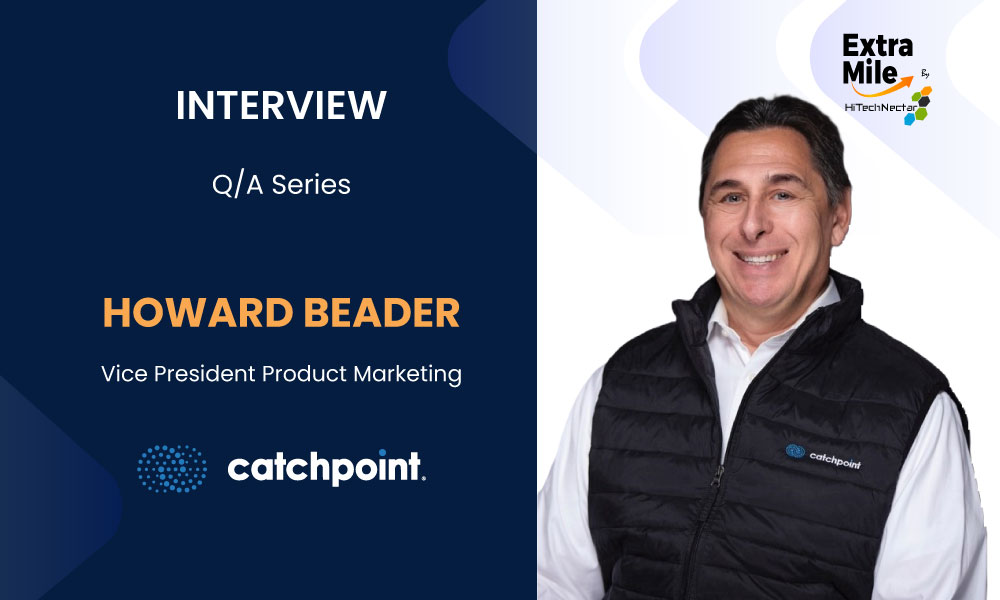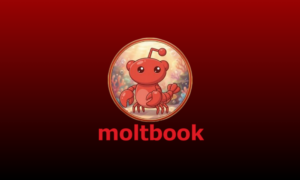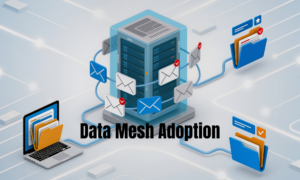Welcome to Extra Mile by HiTechNectar, an exclusive interview series with industry leaders, discussing the latest innovations, tech trends, marketing practices, expert insights, and a lot more.
For today’s conversation, we are excited to introduce Mr. Howard Beader, VP—Product Marketing at Catchpoint, a pioneer Internet Performance Monitoring (IPM) Platform that delivers services in 192 cities worldwide.
Hello Howard! We’re delighted to have you with us today!
Q1. With your vast experience in product marketing and leadership, could you share the highlights of your journey? What motivated you to join the Catchpoint and Internet Performance Monitoring (IPM) industry?
Ans. I have been lucky to have enjoyed a great career thus far, a few highlights that come to mind are:
- Being part of the growth of SAP and launching SAP Business Warehouse (BW) in North America as we expanded into the region. BW was SAP’s first analytics solution and its first foray outside ERP. As such, it was a huge success as one of the fastest growing products at SAP (up until that point).
- Out of that, I conceived and launched SAP Mobile Business. This was in the year 2000, very early in the mobile market when iPhones weren’t yet around and we were all using HP Ipaqs, Nokias, Palms, Cymbals, Motorolas…
- After 11 years at SAP, I joined Microsoft where we launched Duet Enterprise – a product based on SharePoint to simplify the user experience of SAP. It was a product 50% owned by Microsoft and 50% owned by SAP.
- From there, I went to Oracle. I took over a solution area called Enterprise 2.0, which included multiple content management, portal, and social products. In fact, there were 96 different SKUs. It was my idea to rationalize the overall solution and turn it into a new single product. In under a year, we acquired another company, baked that in, and launched a completely new product: Oracle WebCenter. It was a huge success in the market. As a result, I was promoted to VP of Marketing for all Fusion Middleware, a $5B portfolio at the time.
- From there, I was recruited into ServiceNow by a friend to bring the ServiceNow Platform to market. Key highlights there:
- Being part of the ServiceNow rocketship ride: we saw growth from $800M to over $5B in revenue within 5 years.
- Building a great team, most of which are still at ServiceNow
- Becoming a leader in low-code platforms with Gartner and Forrester after just one year.
- Building CreatorCon to become a leading developer conference.
- Launching AppEngine, IntegrationHub, and more.
- That brings us up to today and joining Catchpoint. I saw a significant opportunity with a great differentiated product, amazing customers, great people, and great culture, and I wanted to help take them on a growth journey.
Q2. From your perspective, what are the unique opportunities and challenges that make marketing an Internet Performance Monitoring Platform different from regular market products?
Ans.
- On joining, I saw a confused Observability space where it looked like everyone did the same thing.
- We have established a new market category – Internet Performance Monitoring (IPM) to clearly define what we do.
- Our ICP is essentially the F2000.
Q3. Generating brand awareness is vital to establishing a solid online presence. What strategies have you found most effective in generating demand and awareness for Catchpoint’s services? Can you share examples of the same?
Ans. The primary examples of how we are building brand awareness:
- Establishing a unique content marketing strategy by ungating all content so that we are informing our prospects with educational content and customer stories.
- Making our content educational and informative, not salesy.
- Leveraging earned media to drive awareness.
Q4. Beyond core features, how do you strategically position Catchpoint to differentiate itself from its key competitors in the IPM market? How do you stay informed about the competitors’ marketing strategies and product offerings?
Ans.
- We have powerfully simplified our story: to monitor what matters from where it matters to get to the answers faster.
- We offer deep Insights into the Internet Stack: a term we coined to encompass all the technologies, systems and services that make up and impact digital user experiences.
- A core differentiator often cited by our new and long-term customers is the fact that Catchpoint has the largest active observability network in the industry, providing unparalleled depth and breadth of visibility for your users, networks, digital services, and applications.
- Internet Stack Map – A new game-changing feature is Catchpoint’s Internet Stack Map, which allows you to understand all the Internet dependencies impacting your service or application performance at a glance – promising to significantly reduce toil and lower OpEx.
- Catchpoint has quietly been harnessing the power of AI for years, which has led to our AI-powered insights and many AI-powered products, not least of which is Internet Sonar which provides real-time, global Internet health insights.
How do I stay informed about our competitors? By constantly researching, listening to earnings calls, monitoring ads, keeping up with demand gen and event strategies, and reading press releases.
Q5. How crucial is market research in implementing a go-to-market strategy? How do you go about it at Catchpoint?
Ans. It’s crucial to understand the market from multiple angles. You need to look at:
- Competition
- Customer needs/budget/priorities
- Analysts and influencers
- Related markets
- Trends
Q6. Having worked as VP of product marketing at leading companies such as ServiceNow, Microsoft, Oracle, and more, what are the primary qualities essential to being a successful product marketing leader?
Ans. Some of the essential qualities are:
Able to navigate an organization – particularly at a company the size of ServiceNow (10,000 or more) where there are teams for everything: customer stories, editorial content, inbound/outbound product management, etc. – how do you navigate that size of organization to get stuff done?
Cross-Company collaboration – It’s not about just navigating the size of the org, but how do you work with people and teams… The bigger the company gets; the more political different departments are.
Storytelling – How do you simplify a complex technology topic into a story that resonates and can be repeated by teams across the company?
Team management – How do you build and motivate your core team? We spend a lot of time together. Who wants to work with difficult people? You need to get to know people and build personal relationships.
Execution – You can’t just talk the talk; you need to walk the walk. You need to be able to turn continual research and the latest market trends into actionable activities, like marketing campaigns or demand gen events.
Great messaging, and positioning – Great product marketing comes down to great messaging and positioning. It’s the core of what everything revolves around and builds off.
Q7. Do you believe the future of product marketing will be more exciting down the lane? What emerging trends should we keep an eye on?
Ans. Product marketing must always be the orchestration engine between product, sales, marketing, enablement, partner enablement, digital, and more to create a story that is compelling for customers, differentiates you from the competition, and is simple enough for sales to understand and repeat.
In terms of emerging trends to watch, AI will surely assist and make research and the conceiving of storylines faster, but it’s not replacing a product marketer anytime soon. That said, professionals that don’t leverage it will be left behind.


























